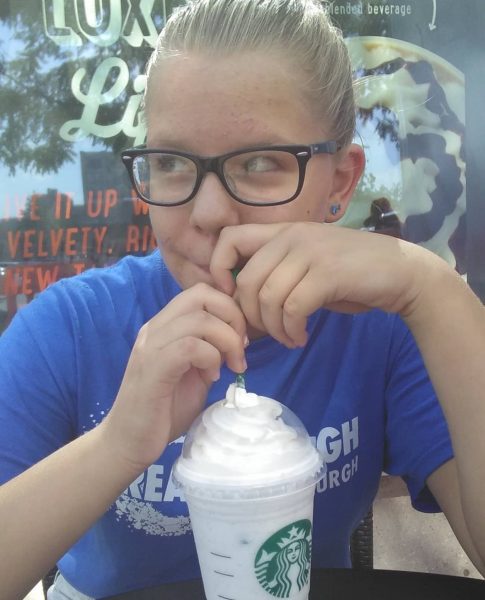Active Minds: Sleep your way to success
Finals are upon us. And for many of you Gators out there, that means more all-nighters and less sleep in general. I’m here to tell you why you should be paying equal attention to your sleep habits as you are to your academics.
Sleep and health, both physical and mental health, are inextricably linked. During the sleep stage when you dream, called REM sleep, learning, memory, and emotional health are enhanced. The rest of your sleep cycle is commonly called “quiet sleep,” it is much more restful and relaxing than the heightened body function you experience during REM. During the deepest stage of quiet sleep physiological changes occur that can increase immune system function.
Not only does lack of sleep decrease immune function, which is one reason why so many are sick during finals week, but it can also negatively affect mental health. Problems sleeping are more likely to be found in people with mental illness, because trouble sleeping is a common symptom of many of them (Harvard Health Publications).
For example, many people with depression, bipolar disorder, anxiety disorders and ADHD experience insomnia. Something you probably don’t know is that not sleeping enough is also linked to increased risk of developing a mental illness. There is evidence to support that persistent and untreated insomnia increase the onset of recurrence of depression to two to 10 times the risk (National Sleep Foundation). Insomnia can also bring about increased anxiety and increase the likelihood of substance abuse.
So, what can you do to get better quality sleep, be well rested and in turn be more productive during the day? Here are three popular solutions to end your sleepless nights.
The first is exercise! Not only does exercising have obvious health benefits, it can decrease stress and tire you out making it easier to fall asleep at night. If racing thoughts or your to-do list is the cause of your problems, try relaxing before bed.
Don’t do anything strenuous, to either your mind or body, during the hour or so when you are going to fall asleep. You can also try meditation or deep breathing. This may also bring about the third solution; lifestyle changes.
Don’t drink caffeine during the night; it will just keep you awake. Alcohol and nicotine can also have negative effects on sleep patterns (National Sleep Foundation). Another change you can make is treating your bed and bedroom as a sleep only zone. In college this can be difficult because most of the time our bed becomes our home, but try to use it for sleeping and relaxing instead of homework.
It is also helpful to put away the computer, cell phone and other electronic appliances that give off a lot of light before bed. Blue light, which is the light given off by these electronics can be especially disruptive to our circadian rhythm. (Harvard Health Publications). Humans were not designed to be awake during the night and with too little sleep, serious health problems can occur.
This leads to me my most ardent advice… Do not pull all-nighters! Not only have they been shown to be ineffective and lead to comparatively lower test scores, it’s just not good for you. (US Health News) Start studying sooner if you have a super busy finals schedule. Learn how to manage your time better, the Learning Commons is one resource on campus you can use. This will also allow you to stress less which is also beneficial. Be confident and know when you’ve reached your limit, and also have faith that you will be ok.
Most of all take care of yourself. The way we live now affects our future, as much as you want to deny it. Active Minds is a club on campus aiming to change the conversation about mental health. We meet at 9 p.m. in CC 206 if you want to get involved in breaking down stigma.



